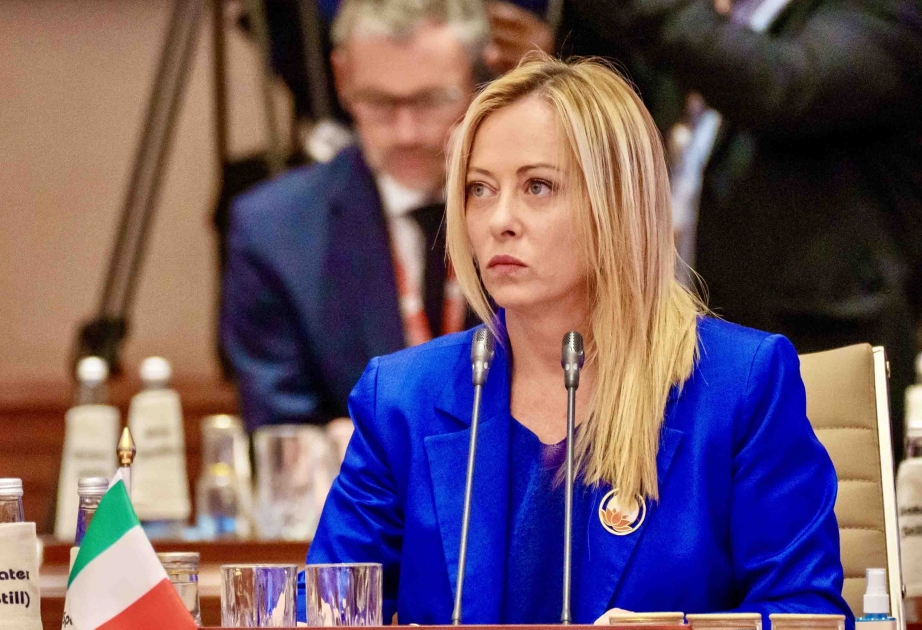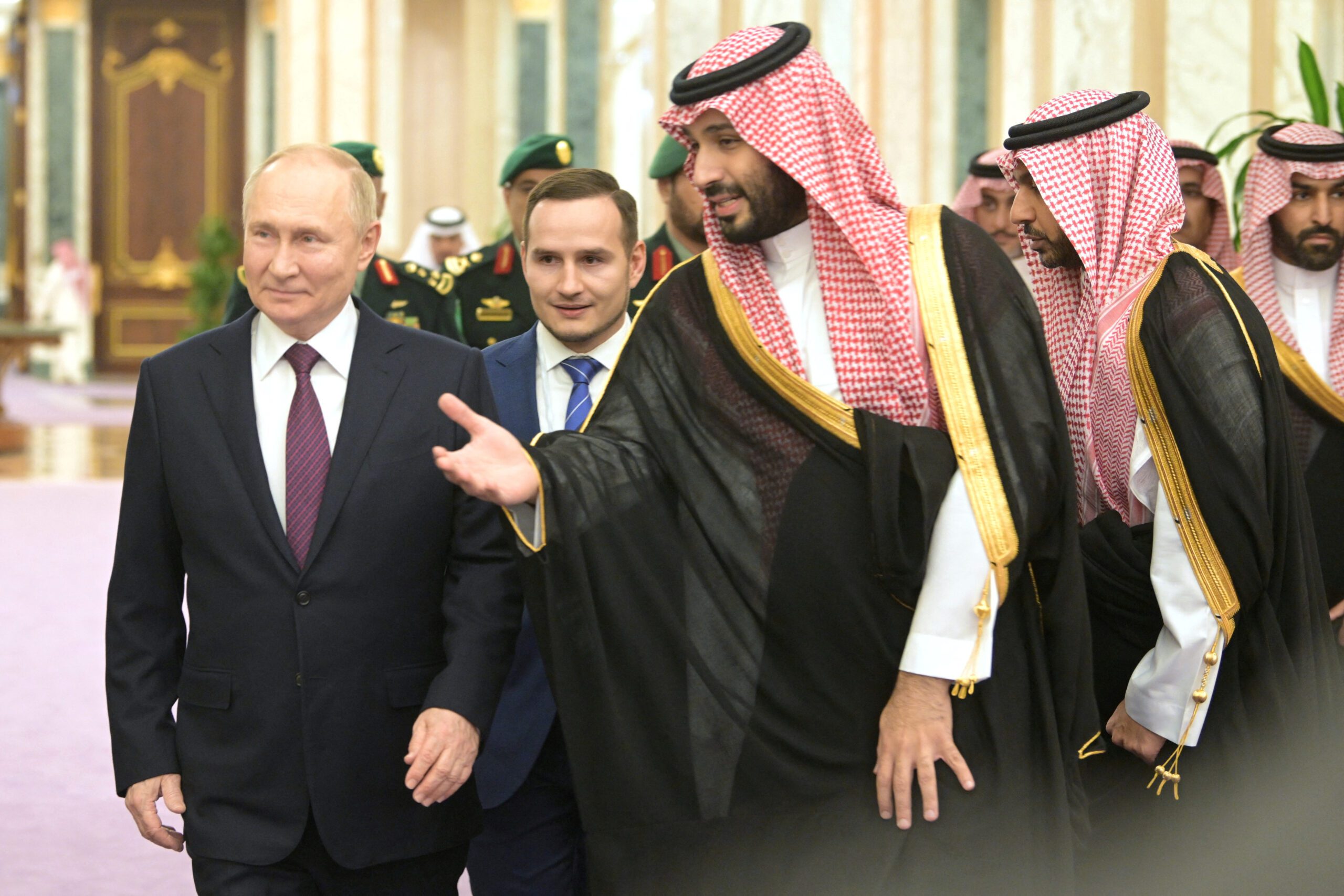Italy has formally communicated to China its decision to exit the Belt and Road Initiative (BRI), becoming the first major Western nation to withdraw from the trade and investment program. The move comes after warnings from the United States regarding potential risks associated with China’s influence on sensitive technologies and crucial infrastructure. Despite concerns about the impact on diplomatic relations and the Italian economy, the decision reflects Prime Minister Giorgia Meloni’s commitment to pursuing an independent foreign policy.
Background:
In 2019, Italy made headlines by becoming the inaugural Western nation to join China’s ambitious Belt and Road Initiative, a global infrastructure project aimed at enhancing trade connectivity. However, the decision faced criticism from the U.S., which expressed apprehensions about China gaining control over strategic technologies. Prime Minister Meloni, upon assuming office in 2022, expressed dissatisfaction with the initiative, citing a lack of substantial benefits for Italy.
Formal Exit:
Italian government sources confirmed that a letter had been sent to China in recent days, formally notifying Beijing of Italy’s decision to withdraw from the Belt and Road Initiative. The 2019 agreement is set to expire in March 2024, and Rome has chosen not to renew the pact. The move signifies Italy’s determination to pursue an independent foreign policy, reevaluating its international engagements based on national interests.
Future Relations with China:
Despite withdrawing from the Belt and Road Initiative, Italian officials emphasize their intention to maintain positive relations with China. The decision aligns with Prime Minister Meloni’s vision for an autonomous foreign policy, allowing Italy to make strategic choices in its national interest. The government asserts that other G7 nations with no involvement in the BRI have managed to maintain robust ties with China, setting a precedent for Italy’s future engagement.
Global Impact:
Italy’s exit from the Belt and Road Initiative signals a shift in the dynamics of global cooperation, particularly in the context of China’s expanding influence. The move underscores the importance of nations reassessing their participation in international initiatives to safeguard their interests. As Italy assumes the presidency of the G7 in 2024, it positions itself to contribute to shaping global economic and political agendas independently.
Italy’s formal withdrawal from China’s Belt and Road Initiative reflects a strategic recalibration of its foreign policy objectives. The decision underscores the country’s commitment to assert its autonomy in international relations while maintaining diplomatic ties. As global geopolitical dynamics continue to evolve, Italy’s move may prompt other nations to reassess their participation in major international initiatives, fostering a more nuanced and independent approach to foreign relations.
















